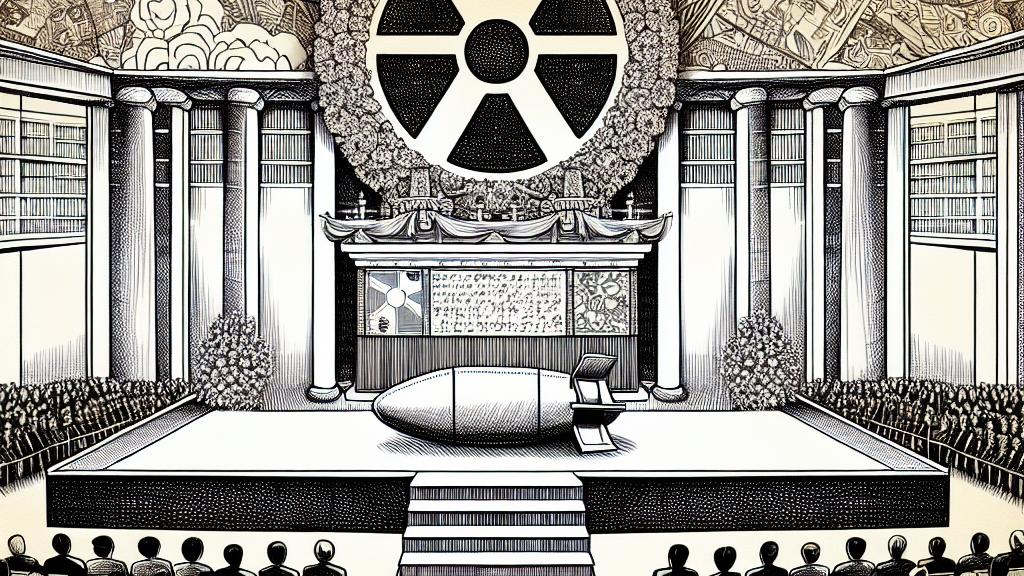Diplomatic Firestorm: Israel's Ambassador Slams Nagasaki's A-Bomb Ceremony!
Overview
- Israel's ambassador to Japan criticized Nagasaki for excluding him from the memorial event for the A-bomb victims.
- The mayor of Nagasaki cited safety concerns due to recent Israeli military actions as the reason for the exclusion.
- This incident highlights the ongoing tensions between historical memory and contemporary political issues in international relations.

Context of the Diplomatic Dispute
In a significant diplomatic clash, Israel's ambassador to Japan, Gilad Cohen, condemned Nagasaki's decision to bar him from the upcoming A-bomb memorial ceremony on August 9, which honors the victims of World War II's atomic bombing. Cohen accused the city’s mayor, Hiroshi Suzuki, of fabricating safety concerns linked to his presence at the memorial, contrasting it with Hiroshima's choice to welcome the ambassador. This response is not just an isolated incident; it reverberates through a broader landscape of international relations affected by ongoing violent conflicts, particularly in Gaza, emphasizing how historical events intertwine with present-day diplomatic engagements.
Local Reactions and Political Dynamics
The decision not to invite the Israeli ambassador aligns with sentiments expressed by local peace organizations advocating for awareness of civilian casualties in the ongoing Israeli-Palestinian conflict. Suzuki's stance was clear; he emphasized that the choice was rooted in ensuring a respectful and serene atmosphere for the memorial, not a political maneuver. Nevertheless, this decision reflects a growing trend among cities and organizations worldwide to use memorials as platforms for political statements against perceived injustices, raising questions about the role of commemoration in modern geopolitics and how it shapes bilateral relations.
Wider Implications for Diplomacy and Peace Efforts
This diplomatic debacle serves as a reminder of the fragile nature of international relationships amidst deeply rooted historical grievances and ongoing humanitarian crises. As newly appointed U.S. ambassador Jacob Lew prepares to take his position amidst these turbulent times, the need for sensitive diplomacy is paramount. This incident emphasizes the importance of approaching memorials with care, as they can serve not only as sites of remembrance but also as flashpoints for current international disputes. Ultimately, how nations navigate the complexities of commemorating historical atrocities while addressing contemporary political realities will be crucial in fostering understanding and peaceful relations in an increasingly polarized world.

Loading...